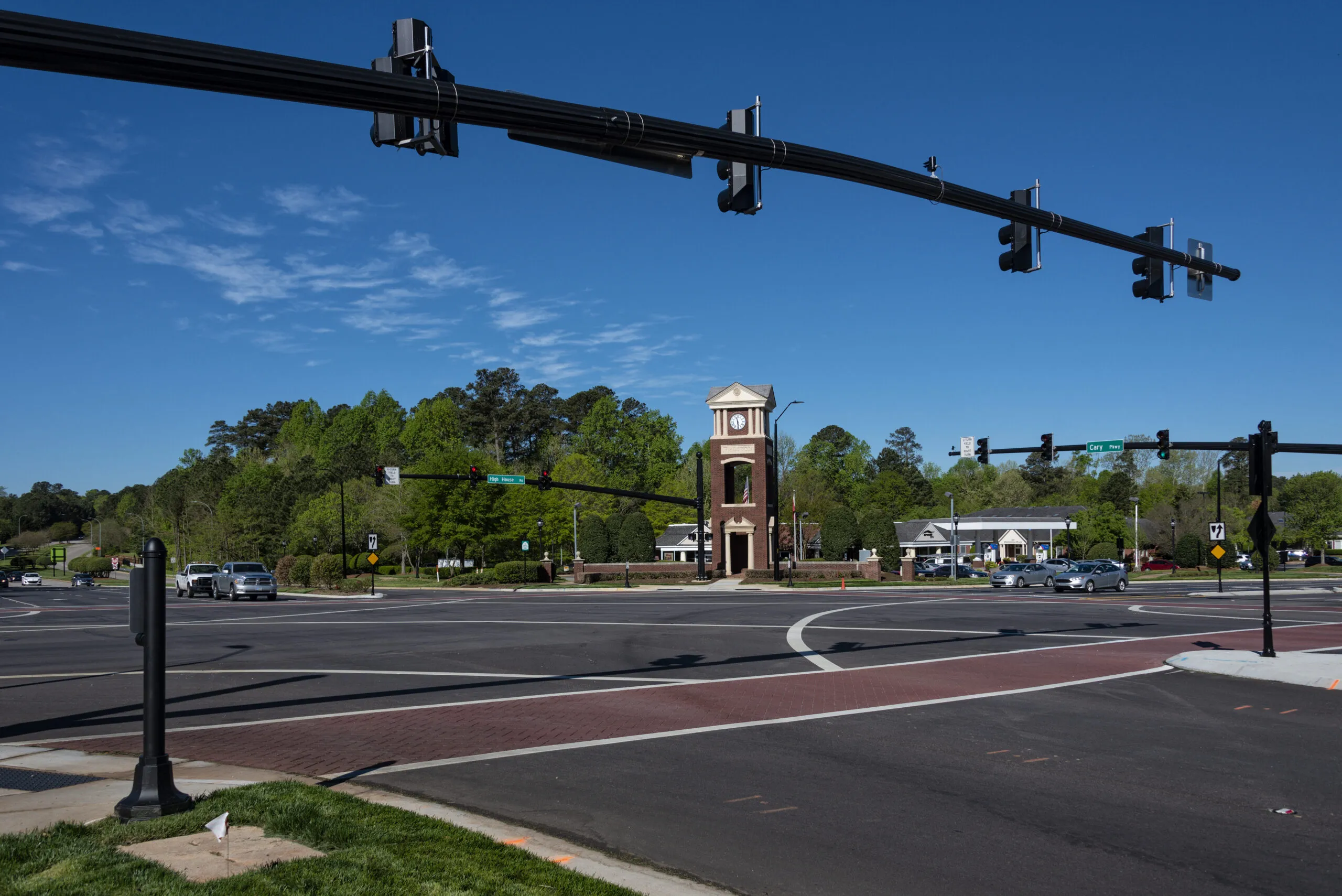Swedish company Fältcom, a Telia subsidiary, has closed a deal with the New York City Department of Transportation (DOT) to supply its IoT platform MIIPS for an upgrade of 475 traffic signals in Manhattan, Queens, Brooklyn and Staten Island in an effort to improve traffic flow at intersections. It is estimated that there are more than 13,000 traffic lights in New York City.
Fältcom’s Linux-based MIIPS is already used by the DOT in a program which connects buses and digital displays to provide travel inf
March 20, 2017
Read time: 1 min
Swedish company Fältcom, a Telia subsidiary, has closed a deal with the New York City Department of Transportation (DOT) to supply its IoT platform MIIPS for an upgrade of 475 traffic signals in Manhattan, Queens, Brooklyn and Staten Island in an effort to improve traffic flow at intersections. It is estimated that there are more than 13,000 traffic lights in New York City.
Fältcom’s Linux-based MIIPS is already used by the DOT in a program which connects buses and digital displays to provide travel information in real time via mobile apps and at New York City's 16,000 bus stops. It is also found in a wide range of connected devices from609 Volvo’s test cars to Swedish weather stations, buses, street lights and speed cameras.
Fältcom’s Linux-based MIIPS is already used by the DOT in a program which connects buses and digital displays to provide travel information in real time via mobile apps and at New York City's 16,000 bus stops. It is also found in a wide range of connected devices from









